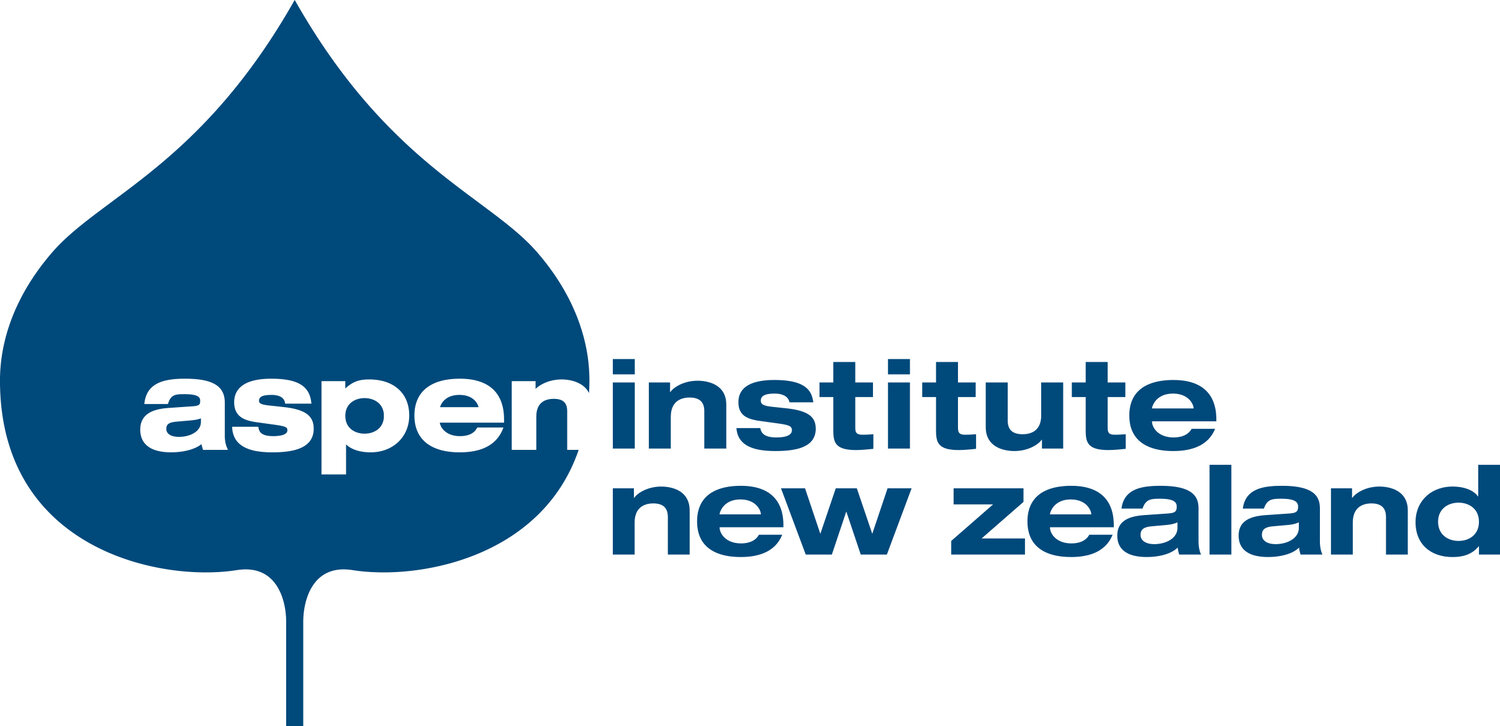A Message to the Aspen Institute Community
Dear Friends, Colleagues, Fellows, and Partners,
I’m writing today to acknowledge the grief, anguish, outrage, and conflict that so many of us are feeling as we try to make sense of the past week’s events in Israel and Gaza and grasp the tragic human toll of terrorism and war.
This is an especially agonizing time for our colleagues and Fellows who identify as Israeli or Palestinian, whose loved ones or colleagues live in the region, or who have experienced antisemitic or anti-Muslim prejudice, threats, or attacks. In the United States, we have seen a documented increase in antisemitism, stoking fear and anguish in Jewish communities. Let us all remember to empathize with and try to help those among us who are vulnerable, targeted, and grieving.
Given the suffering and uncertainty in the world today, it’s natural to feel hopeless. Try to resist such a temptation. Organizations and communities like ours that work to bring people together can make a real difference and should always try. The Aspen Institute exists to help people build understanding and make practical progress, rooted in an appreciation for our shared humanity. These are values we can put forward in difficult times.
As it relates to the current crisis, I want to make four specific points:
We condemn Hamas’s terrorist attacks against the people of Israel. It shocks the conscience to learn of the torture, wounding, killing, and kidnapping of defenseless civilians, including the elderly, young children, and young concert-goers. There is no justification, morally or under international law, for such acts of terrorism and inhumanity. We must hope for a diplomatic breakthrough that leads to the safe return of the 150 or more people who have been abducted and threatened with execution.
We hope for the safety and wellbeing of the innocent Palestinian families living in Gaza, where living conditions are dire, and in the West Bank, where many are vulnerable. The death toll in Gaza continues to grow, now surpassing 2,000 people, and the loss of fuel, electricity, water, food, medical care, and shelter—already a humanitarian disaster—may soon worsen. Half of Gaza’s two million residents are children. World leaders have appealed to the Israeli government to avoid civilian casualties as they pursue Hamas. Whether through ongoing humanitarian assistance or investments in education and economic development, we must all work for a future for Palestinians aspiring to raise their children with peace, freedom, and opportunity.
Even in the face of such human devastation, civil society organizations like the Aspen Institute must sustain our practical efforts to enable progress for people across the Middle East. In partnership with many others, the Aspen Institute contributes to the good soil needed for the green shoots of peace to spring. Today we promote small business development, facilitate cultural exchange among college students, and host multi-year fellowships to build bridges among leaders in the Middle East and elsewhere, including from the Palestinian territories and Israel. Here at home, we will continue to sponsor summits on global development and security, convene members of Congress for fact-finding and dialogue on global issues, and host programs, seminars, and fellowships that build understanding across supposedly intractable divides of difference. Even in the darkest of times, such work kindles the fires of hope and progress.
And finally, I believe that one of the great insights of the Aspen Institute’s founding, and a core resource we have for dealing with hatred, terrorism, and violence, is the idea that we must honor, protect, and respect human dignity. In 1950, in the aftermath of the Holocaust and world war, our first board of trustees called dignity the “animating value” of the newly created Institute, most recently reaffirmed in the Preamble to our Statement of Principles.
We must come together to understand our differences, to bear witness to each other’s pain, and to share life stories and wisdom. The commitment to honor each other’s dignity—to better appreciate each other’s humanity—is one of the greatest callings we have as human beings.
I am grateful for the contributions and commitment of all in the Aspen Institute community to dialogue, understanding, peace, and prosperity—whether in the Middle East or in other deeply challenging contexts. We must always champion such work. Its need has never been greater.
Dan Porterfield
President and CEO
Aspen Institute
